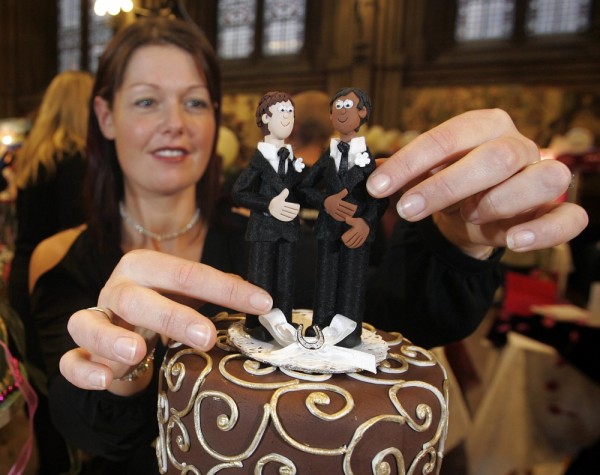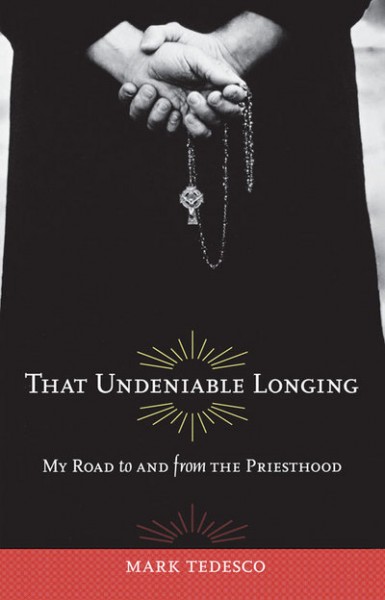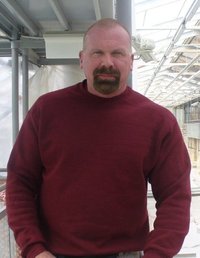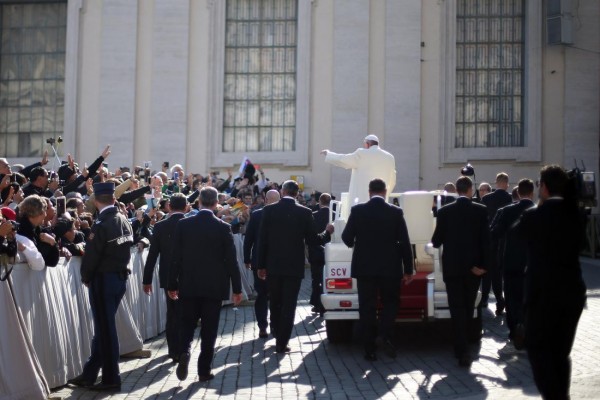By Ralph Riegel
More than 300 same-sex marriages are expected to take place in the first fortnight after the new Marriage Equality Act comes into force.
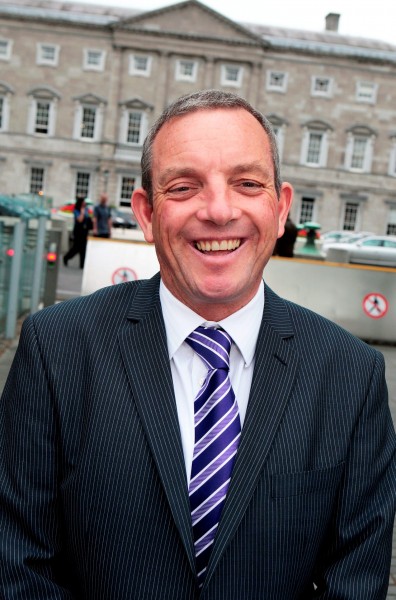
Justice Minister Frances Fitzgerald will today sign the commencement order, with the first same-sex marriages likely to take place from today.
Regulatory and procedural issues are expected to require a 24-hour delay for marriages to take place after the commencement order brings the Marriage Act 2015 into legal effect from today.
However, same-sex marriages are already planned for tomorrow for Dublin, Cork and Galway.
The new act was made possible by the overwhelming endorsement of same-sex marriage in the May 22 referendum.
Cork TD Jerry Buttimer, who played a key role in the ‘Yes’ campaign, said it was a great day for Ireland and for civil rights.
“There are a lot of people who probably thought that this day would never arrive,” he said.
“But it is a wonderful endorsement of a modern, inclusive and caring Ireland that this day is finally here.”
Mr Buttimer confirmed in 2012 that he was gay, becoming the first Fine Gael TD to do so.
Ireland’s lesbian, gay, bisexual and transgender (LGBT) community said it remains to be seen precisely how many couples will now opt to avail of the new legislation
Under the Marriage Act 2015, all same-sex couples who married overseas will have those marriages recognised as a formality by the State. This will happen automatically.
From today, there will be no more civil partnerships in Ireland.
All those who secured civil partnerships in Ireland will have that status recognised, unless they opt to transfer the arrangement into a new same-sex marriage.
If they do so, their old civil partnership arrangement will be dissolved as part of the process.
Critically, the Government will not be offering an automatic transfer from civil partnership to same-sex marriage status.
A couple will be required to attend a registry office, sign paperwork and attend a civil marriage ceremony.
There are now 1,695 civil partnerships in Ireland registered between 2011 and 2014 – 1,048 between men and 647 between women.
Civil partnerships for same-sex couples first became available in Ireland in April 2011.
While same-sex marriage regulations were signed into law by President Michael D Higgins last month, it required a commencement order from Ms Fitzgerald for the regulation to become operational.
A key element of the new regulations is that clerics and other religious officials who object on belief grounds to same-sex marriages will not be legally required to solemnise any such unions.
Co-director of the Yes Equality Campaign, Brian Sheehan, welcomed the speed with which the Government has moved to bring the outcome of the May referendum into legal effect.
Studies have varied on how many Irish people are gay, lesbian or bisexual, with estimates varying from between 4pc to 10pc of the population.
Complete Article HERE!


